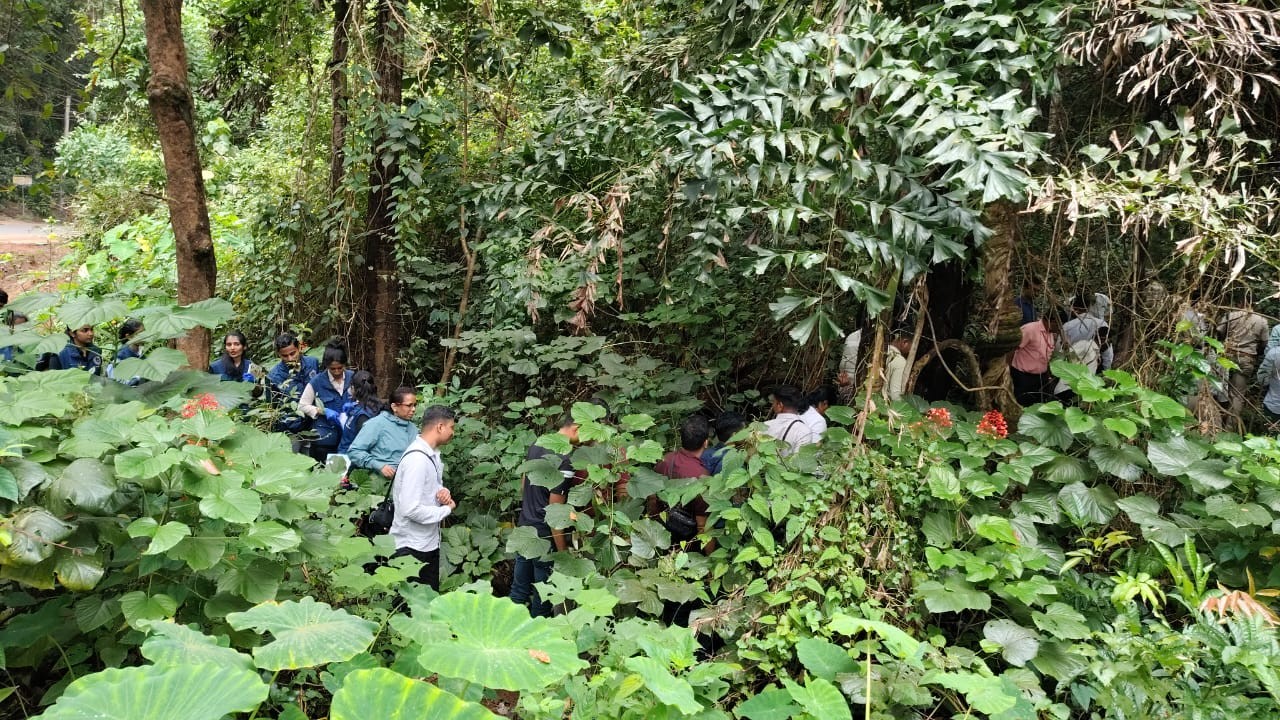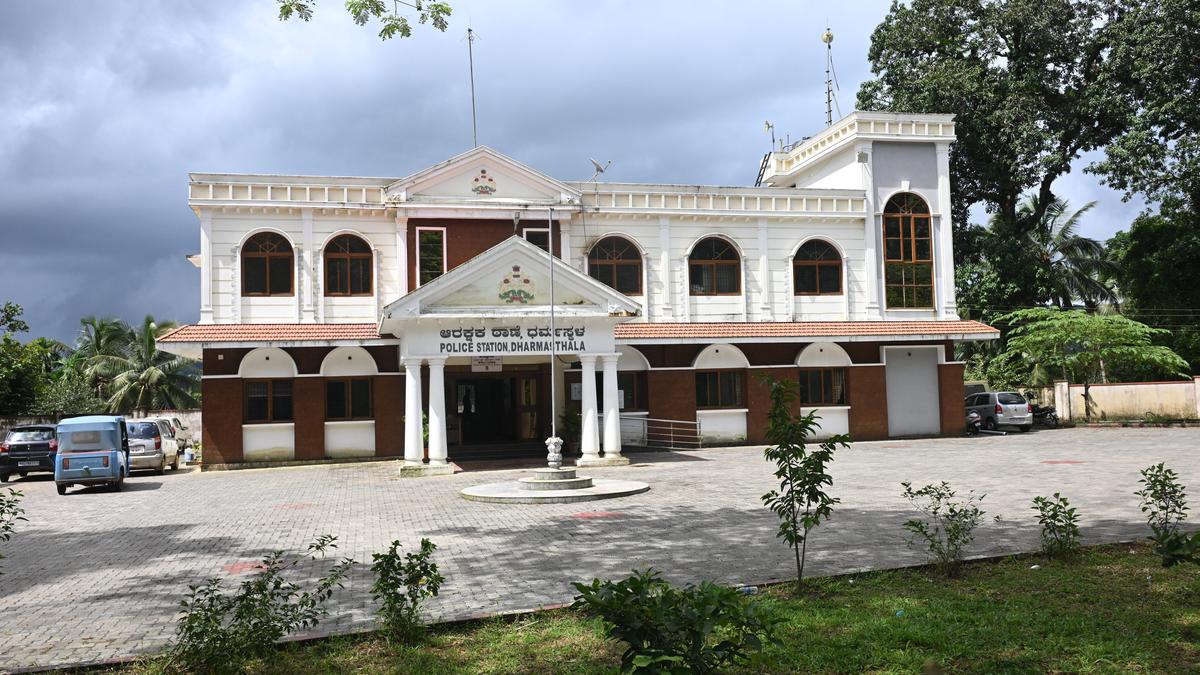Haryana has reported a significant rise in malaria cases this year, with 168 cases recorded so far—almost double the 85 cases reported in 2023. The surge has affected several areas in the National Capital Region (NCR), with Sonipat, Jhajjar and Faridabad among the worst hit. While Gurugram, one of the major cities in the state, has only reported two cases, officials have urged residents to take preventative measures.
According to health department data, Sonipat has reported the highest number of cases with 35, followed by Jhajjar with 26, Faridabad with 25 and Charkhi Dadri with 8. Panchkula and Hisar, outside the NCR, have also seen 21 cases each. In contrast, Gurugram, which had no malaria cases last year, has only recorded two cases so far in 2024. Under health department guidelines, a district can be declared malaria-free if it reports no cases for three consecutive years.
Due to the number of reported cases across the state, the Gururgam health department has also increased efforts to control the spread of malaria and dengue. “We are noticing changes in the malaria pattern, which is worrying. The highest risk used to be between February and September, but we are now seeing cases in October as well,” said Gururgam chief medical officer Dr Virender Yadav.
Meanwhile, another expert, Dr Rakesh Sharma, said, “Simple steps like using mosquito repellents and clearing out stagnant water are very effective in preventing malaria. Spreading awareness among people is crucial in controlling the disease.”
Dr Sharma further added that it is important to remain cautious throughout the year. “Weather conditions and humidity are allowing mosquitoes to stick around for longer. People need to take preventive actions all year, especially in areas prone to mosquito breeding.”
In response to the rise in cases, the Haryana health department has ramped up its malaria control efforts. Public awareness campaigns are being intensified and fogging operations have been increased across high-risk areas. Insecticide-treated bed nets are also being distributed in affected regions. Dr Sharma also stressed the need for early detection and treatment, encouraging people to seek medical help immediately if they experience symptoms like fever or chills.












